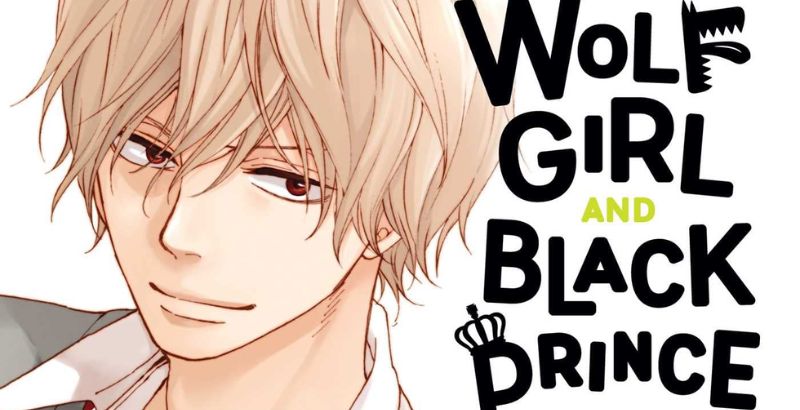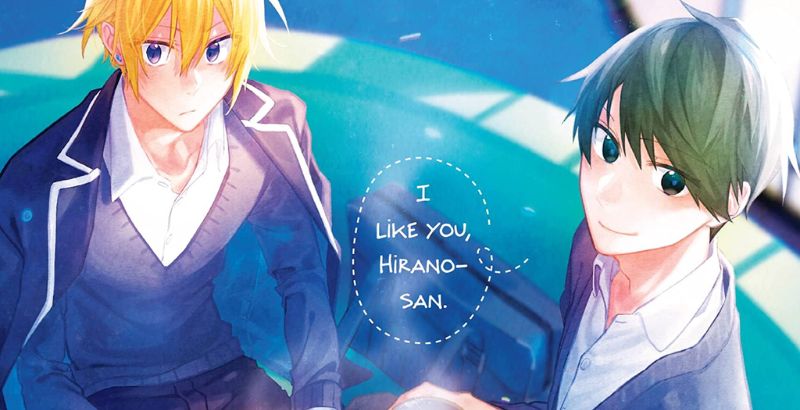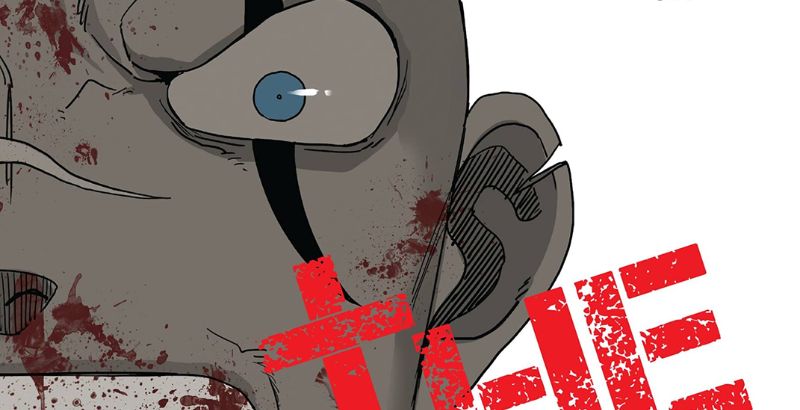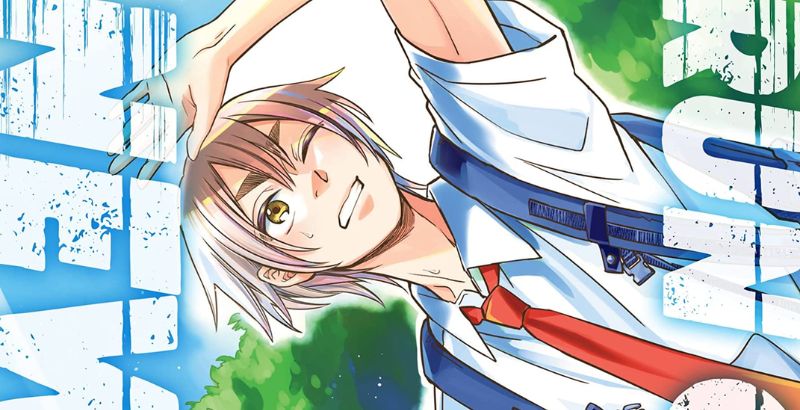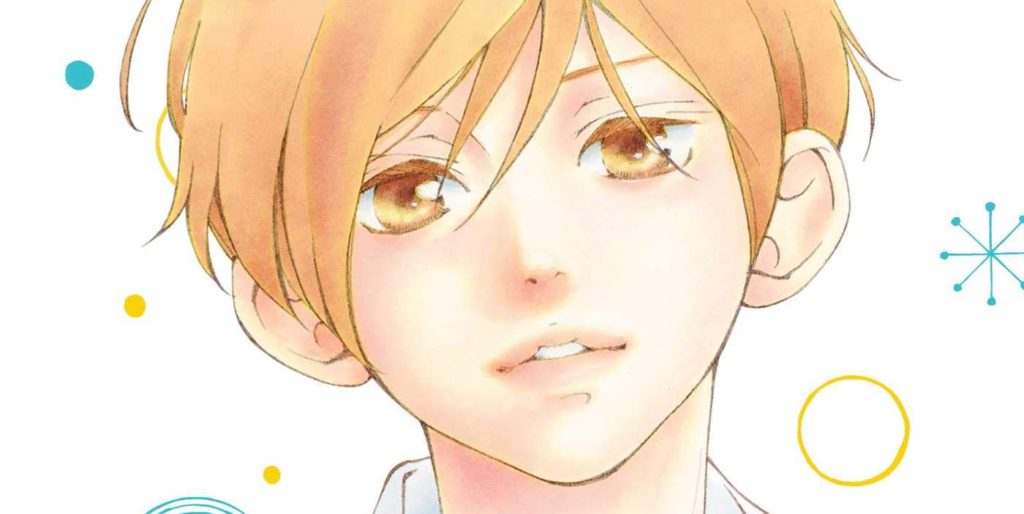
Let’s be honest; there is nothing more satisfying than a shojo romance finally leaving the mess behind and solving itself. In Love Me Love Me Not Volume 7, that’s just what readers get. Written and illustrated by mangaka Io Sakisaka (the mangaka behind the hit Ao Haru Ride), the series is localized in English by VIZ Media’s shojo-specific imprint Shojo Beat, adapted by Nancy Thistlethwaite, translated by JN Productions, and features touch-up art and lettering by Sara Linsley.
Initially published in 2015, Shojo Beat Edition readers have been taken on a messy roller coaster of a love-pentagon that has finally come to a head. In the last volume, Akari and Yuna have worked out their feelings for Kazu and Rio, respectively. On the other side, so has Kazu and Rio for the two girls. Now that the pairs are where they need to be and the lines of communication started, a new player enters the ring, hand-cuffing himself to Yuna in the process.
Now in Love Me Love Me Not Volume 7, minds have been made up, and the volume is focused on bringing people together. Yuna makes her way to Rio to declare her feelings for a second time, Rio tries to find Yuna to confess his feelings, and Kazu is a steady shoulder for his friends. But Akari’s story takes a turn.
While we see a shojo romance that has been plagued with miscommunication culminates in both a confession and acceptance, the most interesting part of Love Me Love Me Not Volume 7 is Akari’s storyline. When the series first began, Akari and Yuna were set as friends who are polar opposites. Yuna believes in Prince Charming, true love, and wears her emotions on her sleeve. On the other hand, Akari is pragmatic, choosing only to love those who love her. Akari knows how to hide her feelings and uses the masks she puts on for others to her advantage.
Now, we’ve seen small moments of Akari’s pragmatism coming back to bite her, especially now that she has unrelenting feelings for Kazu. But she hasn’t been confronted with the ramifications of her calculated emotions until Love Me Love Me Not Volume 7. In this volume, Akari’s ex comes to the school festival. What starts as awkward culminates in an exchange of harsh words when Akari says that she still had feelings for him when he broke up with her. Akari is too late, and her ex calls her empty.
This is a hard scene to read but a necessary one that Sakisaka uses to ground Akari and help her grow as a character. Akari is seen as empty because what she does in self-protection—guarding her feelings and only revealing them when she knows how others feel—is seen as calculated. And truthfully, it is. But in this volume, Akari has to face that truth. Even when Kazu offers her words of support, Akari realizes that her ex isn’t wrong.
Truth be told, there hasn’t been a lot of depth to this series. It’s been a messy romance of miscommunication that has been entertaining but didn’t offer much outside of that. But with Akari, we’re shown that sometimes people have to take stock of how they affect those around them, even when they think they’re hiding it.
Overall, Love Me Love Me Not Volume 7 is my favorite in the series so far. Akari has become a self-reflexive character who has grown in her mistakes, and Yuna and Rio finally confessed to each other. While I’m not sure where the story will go from here, I’m excited for volume 8.
Love Me Love Me Not Volume 7 is available wherever books are sold on March 2, 2021.
Love Me Love Me Not Volume 7
TL;DR
Love Me Love Me Not Volume 7 is my favorite in the series so far. Akari has become a self-reflexive character who has grown in her mistakes, and Yuna and Rio finally confessed to each other. While I’m not sure where the story will go from here, I’m excited for volume 8.

